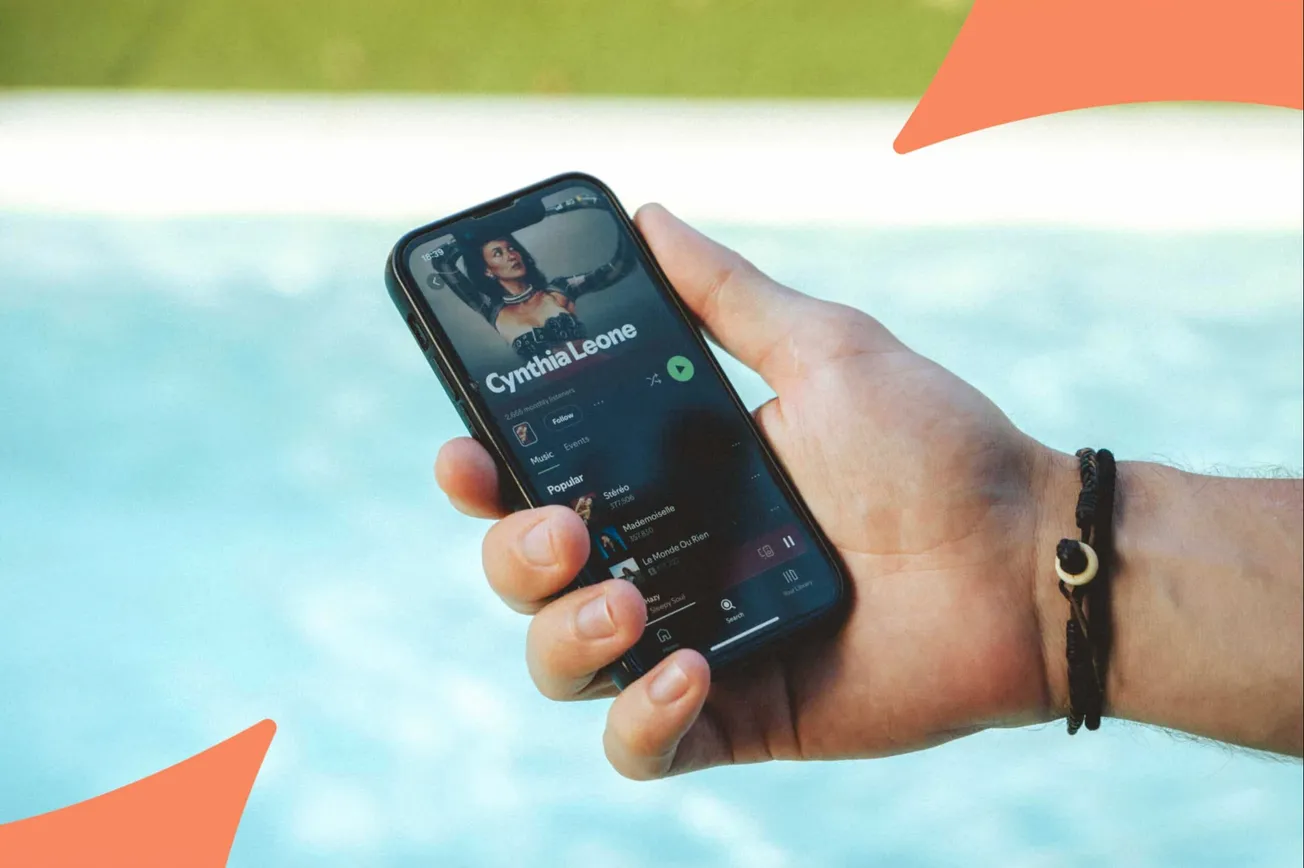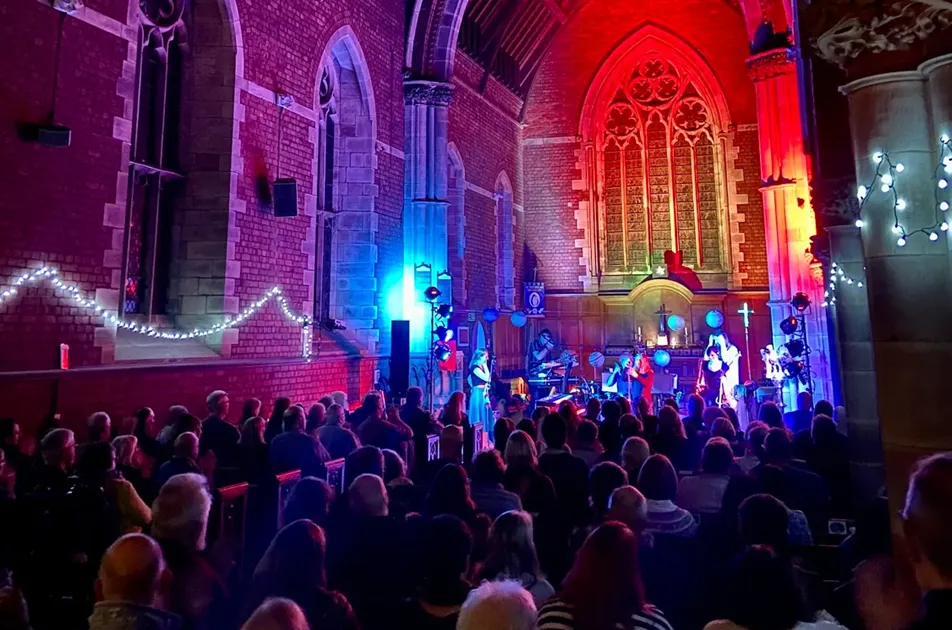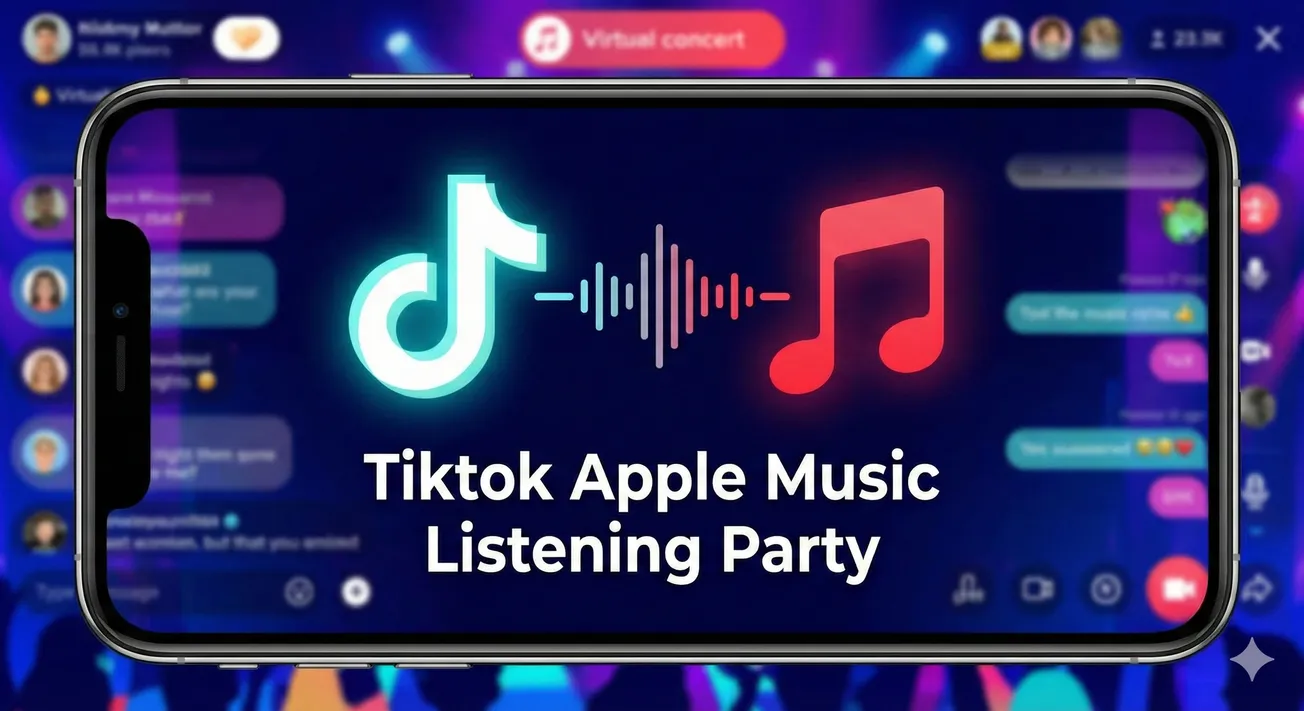By Diana Hereld (@christypaffgen)
We live in a world where someone handing Katy Perry a demo could lead to their next big break. With the plethora of self-marketing strategies available
that include everything from Facebook and YouTube to SoundCloud and ReverbNation, most continue to dream of the moment they run into that one special
producer or A&R person in the elevator. But why is that? Could it be because the popular music elite like Perry or Rihanna, who many artists want to join
at the top of the music industry, aren’t accessible through the Internet?
At this year’s annual ASCAP Expo, over 2,000 songwriters, composers and publishers gathered to take part in three days of lectures, workshops and live
showcases specifically designed to promote knowledge and networking in their craft. Although all levels of accomplishment and success were represented,
hallways and rooms bustled with people seeking to accomplish this particular feat: to physically reach out to members of the elite and hand
them their latest demo.
Throughout the Expo, many had the pleasure of meeting Ali Isabella, one of the events youngest guests — and headline artists. At just seventeen years old,
Isabella has performed in many of the top clubs in New York as well as headlined two pre-Grammy parties — one honoring Quincy Jones and Stevie Wonder. In
2012, she became the youngest musician to ever perform in Wembley Arena in London, opening for country music superstars Reba McIntire and Lonestar.
Isabella was initially discovered as a singer-songwriter by a chance meeting via her father in a New York Starbucks. After Isabella’s father met artist
manager John Velasco, he gave her one of Isabella’s CDs to listen to. At first, Velasco cast it aside in the assumption it was probably just another
teenager with a dream. A couple of months later, her father bumped into Velasco at Starbucks again. He asked what he thought of the music and Velasco felt
bad that he had never actually listened. That night, Velasco went home to listen to the CD. After bring impressed with her music, he asked to meet with
Isabella. Shortly thereafter, she was signed, started recording and building a stage act. Velasco and Isabella have been working together ever since.
In a world where business ventures of all kinds are turning increasingly to D.I.Y. methods for marketing, the “traditional” music business model that
includes that invaluable industry contact (which many of ASCAP’s largest successes have stemmed from) is still one that continues to prevail. With all of
the online resources currently at the musician’s fingertips, it would seem many have seen and witnessed too many stories of the chance encounter to fully
let go of that hope. Michael Brook had Brian Eno. Adele had XL Recordings. Katy Perry had Glen Ballard.
The coveted lot is human, and they have been found everywhere. Whether it a restroom queue, a less-frequented cafe, in the panorama suite of a downtown
hotel or the local gas station, many artists still believe they must creatively and intelligently influence just the right person before being invited back
to the VIP room. It was not long ago that Adele Adkins was not more than the average broken-hearted beauty. But somehow, somewhere, she walked into a room,
and someone saw more than an “outside the mold” figure and a pleasant voice. They saw a superstar.
A while further down the line, Isabella has wisely begun applying D.I.Y. tactics to market her music. Along with an app well designed to keep fans updated
with everything they need in addition to a sponsorship with Casio, she is also learning how to keep an active presence online. Her Internet broadcast
series will soon be released. She states: “We just go around and interview people in the entertainment industry — people that have helped me along the way,
people that I’ve met — I just think it’s a great way to be informed about people behind the scenes because they’re the ones that make everything happen
along the way.”
If the balancing game between existential action and chance was not complex enough for the performers, there’s an even vaster sea of professionals trying
to find their footing among the ASCAP Expo crowd — songwriters. Although it is
possible to create a following as a songwriter or composer, it would seem even more dire for this group to make the professional connection. These are not
the showmen of their songs; they are the quiet ingenuity behind them. It would nearly seem then, that at the end of the day, connection is king, and all the knowledge and networking in the world cannot quite equal that potential big break from a member of the popular music elite. For some, the Expo evens the odds of meeting Katy Perry in an elevator just enough.
—
Diana Hereld (@christypaffgen) is a Los Angeles based singer-songwriter and neuroscience researcher. She blogs at As The Spirit Wanes The Form Appears.
Related articles








